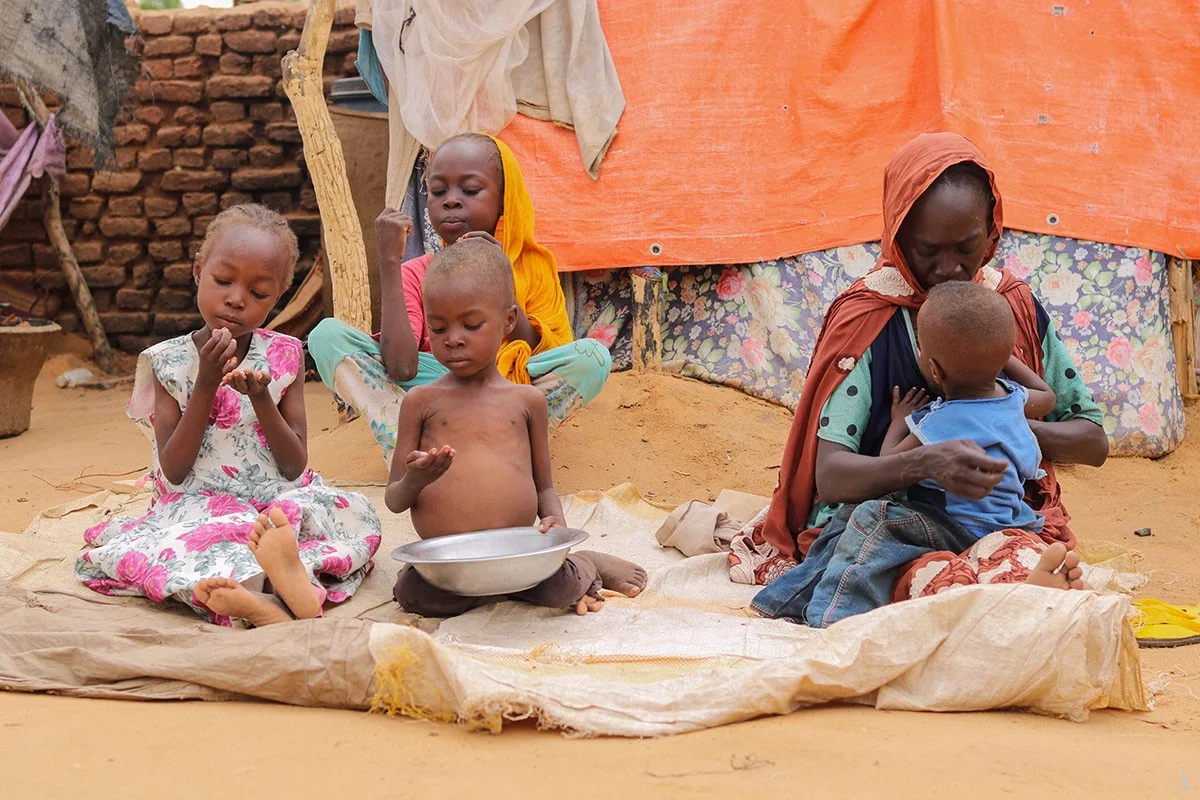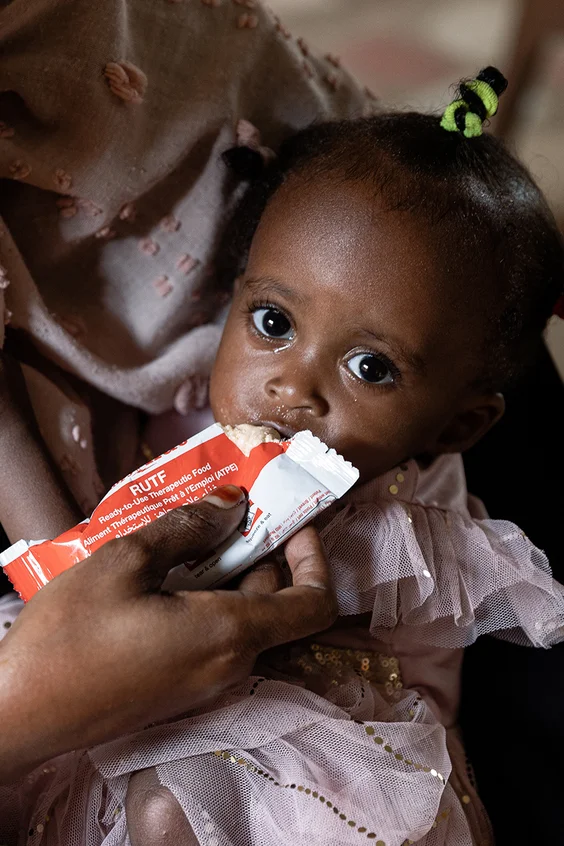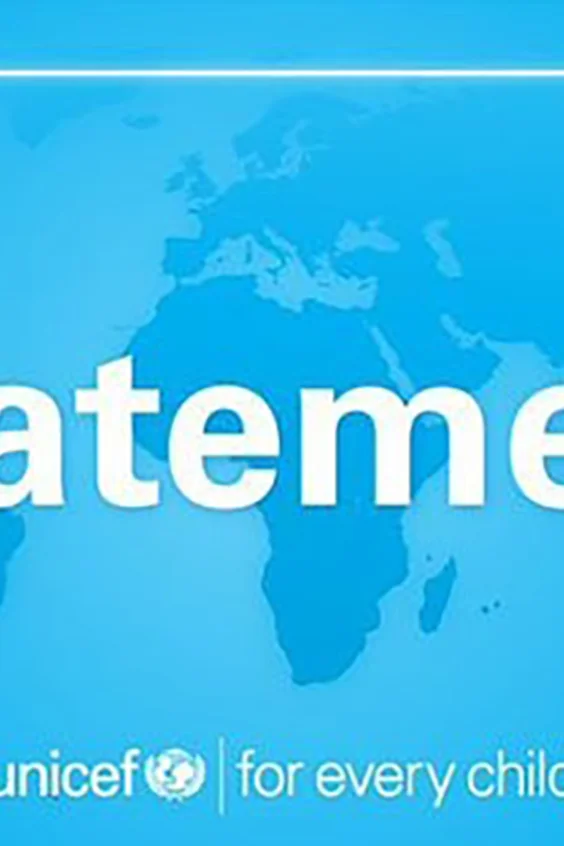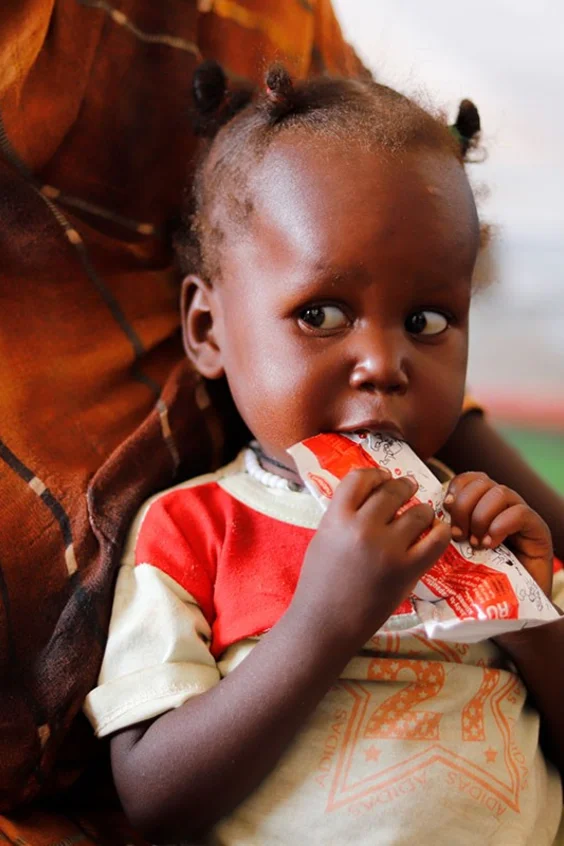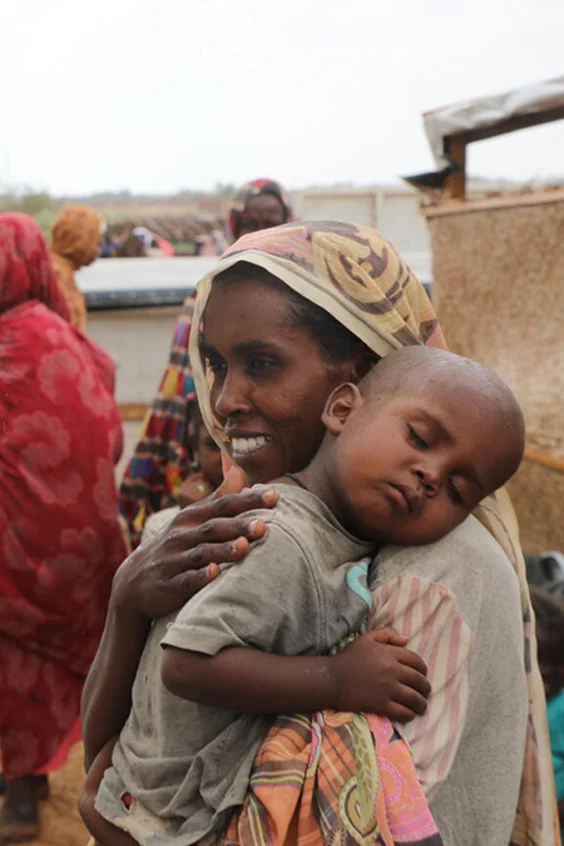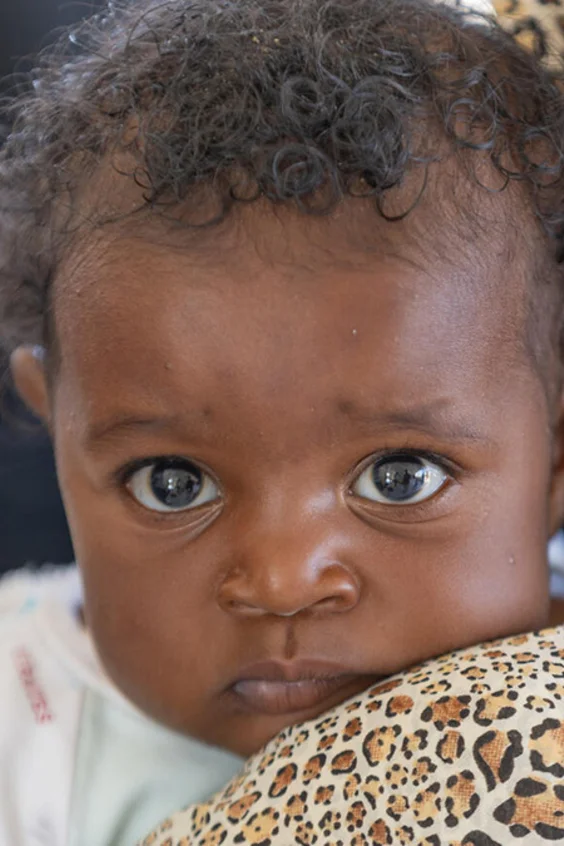After 500 days under siege, the city of Al Fasher in Sudan’s North Darfur has become the epicenter of a humanitarian catastrophe for children, UNICEF said today.
In recent months, about 600,000 people have fled the city and nearby camps. Half of them are children. Inside Al Fasher, 260,000 civilians, including 130,000 children, remain trapped. They have been without humanitarian aid for more than 16 months.
“We are witnessing a devastating tragedy – children in Al Fasher are starving while UNICEF’s lifesaving nutrition services are being blocked,” said UNICEF Executive Director Catherine Russell. “Blocking humanitarian access is a grave violation of children’s rights, and the lives of children are hanging in the balance.”
Since April 2024, over 1,100 grave violations against children have been verified in Al Fasher, including the killing and maiming of more than 1,000 children, sexual violence, abductions, and forced recruitment by armed groups. In a recent attack on Abu Shouk displacement camp, seven children were reportedly killed.
The Rapid Support Forces’ siege has cut off supply lines, forcing health and nutrition facilities to close. At least 6,000 children suffering from Severe Acute Malnutrition are now without treatment. Meanwhile, hunger is worsening, with more than 10,000 children treated this year alone before services were suspended. Reports show at least 63 people – mostly women and children – died of malnutrition in a single week.
The crisis is compounded by Sudan’s worst cholera outbreak in decades, with nearly 100,000 suspected cases nationwide and almost 5,000 in Darfur. Malnourished children in overcrowded camps are especially vulnerable.
UNICEF urged all parties to guarantee immediate humanitarian access, sustained aid deliveries, and protection of civilians and essential infrastructure in line with international humanitarian law.
